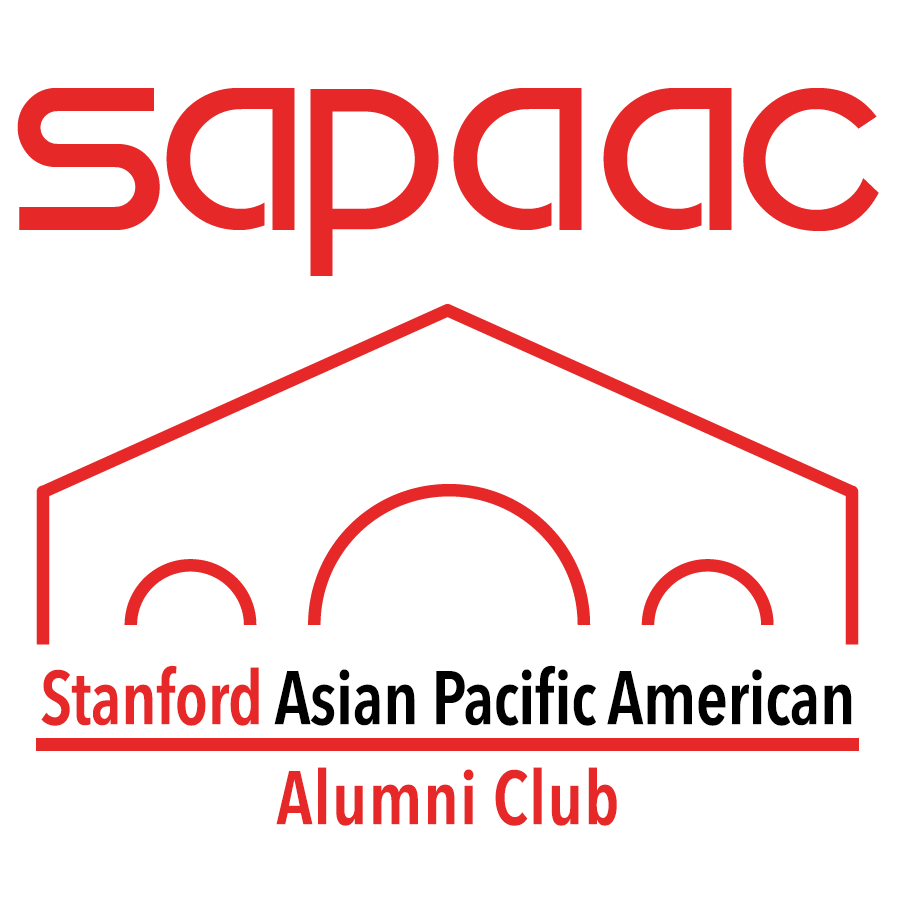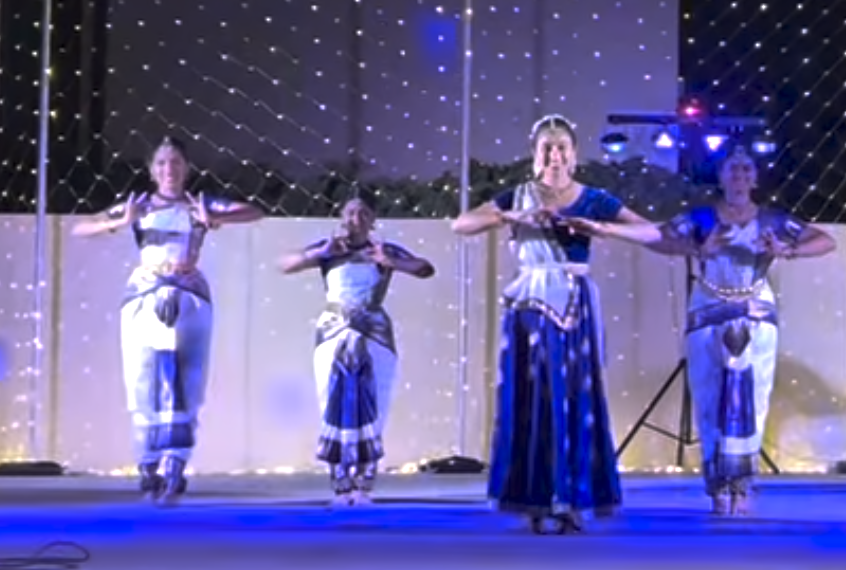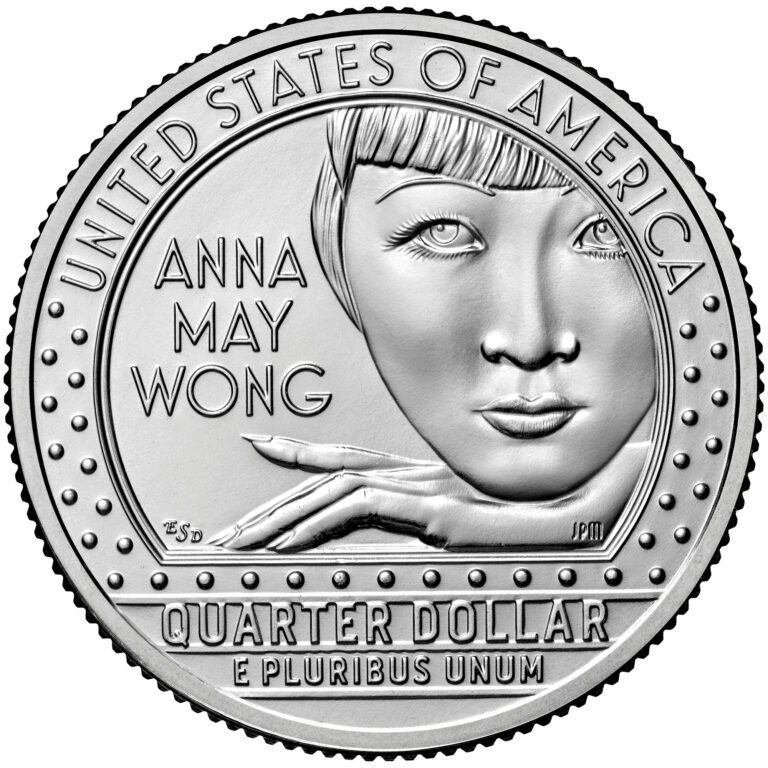A summary of issues of interest to the AAPI community nationwide and on the Stanford University campus.
Arts & Culture
The Associated Press highlighted Diwali celebrations on October 24. The festival of lights “symbolizes triumph over darkness” and is celebrated by many South Asians, including “Hindus, Jains, Sikhs and Buddhists.” Reflecting the strength of diaspora populations, Diwali will become an official public holiday for New York City schools starting next year. You can also watch a video of Stanford Noopur performing at the Diwali celebration in White Plaza on November 4, 2022.
The Japanese American Museum has created a new commemorative work, the Ireichō, a book containing all 125,284 names of people of Japanese descent the U.S. government imprisoned during World War II. Assembled by researchers and volunteers, it is the first time the names have been collected in one place.
The late Asian American artist, Bernice Bing, has a solo exhibition at the Asian Art Museum in San Francisco. Featured in The New York Times, the exhibit includes four decades of her paintings, drawings and journal excerpts. Earlier this year, Stanford student Sarah Kim created a zine about Bing, also a community activist who identified as lesbian.
Democracy & Civic Participation
The Pew Research Center analyzed the growing strength of the Asian American electorate. It projects 13.3 million Asian Americans are eligible to vote (5.5% of all eligible voters) this November, increasing by about a million over the past four years. The majority of Asian American eligible voters (56%) live in five states: California, New York, Texas, Hawaii, New Jersey. 57% of Asian American eligible voters are naturalized citizens, while 43% are U.S.-born citizens.
The Chicago Tribune published a feature story on Asian American voters and politicians in Illinois, where candidates are running for positions such as county commissioner, state representative, and U.S. senator. Asian voters’ “rising political power” is also making inroads in Los Angeles and San Francisco, where they drove recall elections earlier this year.
In Maryland, Aruna Miller became the first South Asian woman to be elected lieutenant governor. Several other state contests had AAPI firsts this November. The city of Vancouver elected its first mayor of Asian heritage, Chinese Canadian Ken Sim last month.
Facing History
As reported in Vanity Fair by SAPAAC board member Katie Gee Salibury (‘07), Anna May Wong, a Chinese American film star from the 1920s and 30s, is appearing on a new quarter. According to the Smithsonian, she will be the first Asian American to appear on U.S. currency, as part of the U.S. Mint’s “American Women Quarters Program.”
As the History Channel shares, Chinese Americans were blamed for outbreaks of bubonic plague in Honolulu and San Francisco in 1900. Chinatowns were subject to quarantines, harsh disinfection regimes, and “controlled” burning that sometimes raged out of control. In the Great Honolulu Chinatown Fire that year, “at least 5,000 people [lost] their homes, businesses and personal possessions.”
Former SAPAAC board member Kevin Kim was selected as one of eight commission members to study the potential creation of a National Museum of Asian Pacific American History and Culture. Kim is the Commissioner of the NYC Department of Small Business Services.
Entertainment
HBO premiered a new documentary about Jeremy Lin, a Taiwanese American NBA player originally from Palo Alto. “38 at the Garden,” directed by Frank Chi, covers the bubble of Linsanity in 2012, when Lin burst onto the NBA scene and his struggles in the following years. It places his story into dialogue with the ongoing struggles of Asian Americans for acceptance.
A film sequel to “The Joy Luck Club,” based on the novel by Amy Tan, is in the works. The original cast of Asian American actresses is slated to return, now as grandmothers and mothers with children of their own.
— Edited by Kevin Fan Hsu. If you are interested in covering AAPI issues with the SAPAAC Advocacy & Education team, please reach out to khsu@alumni.stanford.edu.



